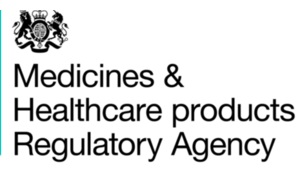
Originally Posted by
rammellconsult

From my experience, there are two issues here: (a) retention of evidence of a regulated process; and (b) retention of draft documents.
On the first point, if you have a document process that requires certain documents to go through a formal review and approval process, it is not uncommon for regulatory inspectors to request evidence that the documented process has been followed. One way - and not necessarily the best - of achieving this is to retain draft documents with tracked changes. These provide evidence that the final document in the TMF had been reviewed and commented upon, as per your SOPs. However, there are other ways of maintaining such evidence, the most commonly used one being the use of a document review form - or an electronic workflow equivalent. A document review form captures the review process but does not oblige you to retain previous draft versions. I am not aware of any scenarios where regulatory inspectors or legal counsel have required draft documents associated with a document review form (assuming there is a policy in place stating that drafts are routinely destroyed!). This is the preferred approach.
On the second point, most experts would NOT advocate the retention of draft documents for any significant period of time following the finalisation and approval of a final document. Draft documents have the potential to open up a legal can of worms! Draft documents are not approved documents and therefore their content has little relevance following approval of the final document. In addition, there is often no duty or obligation for an author to accept comments made by reviewers. You therefore have the potential for a legal dispute if reviewers made comments that were subsequently not accepted. An organisation should be audited/inspected on final documents that contain management-approved content and not on draft documents and refviewer comments that are unapproved.
In terms of an eTMF, many companies use a single technology platform for the creation and development of TMF content and for management of final, approved TMF content. However, the security permissions define the Trial Master File as only constituting those documents which have been approved. When a regulatory inspector, for example, logs on to the eTMF for inspection purposes, he/she would only have access to final, approved TMNF documents. Documents not yet approved are not considered to be TMF. Draft documents are automatically soft-deleted following approval of the final version.







 Reply With Quote
Reply With Quote